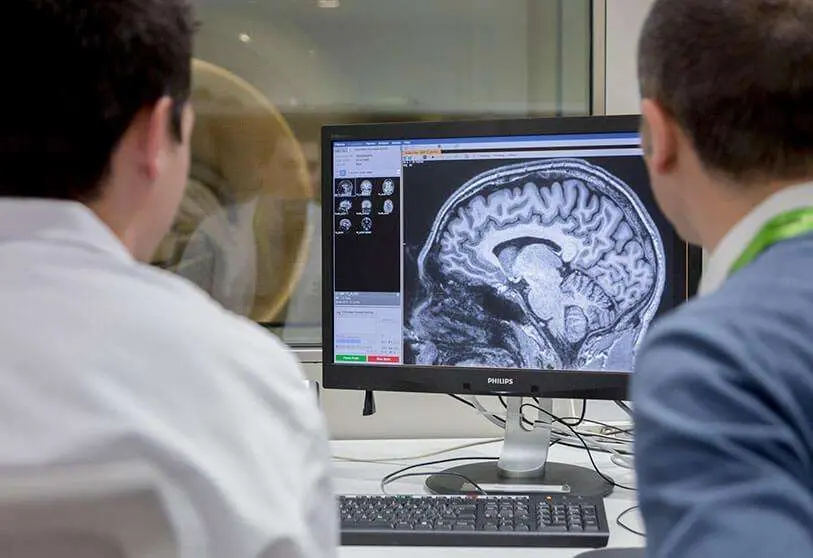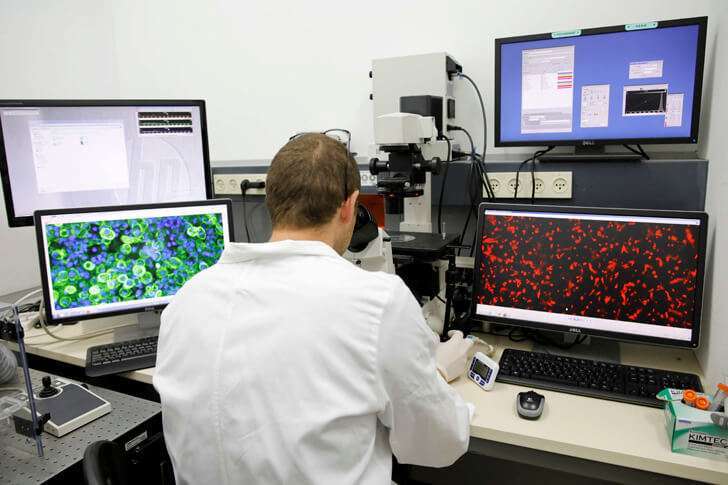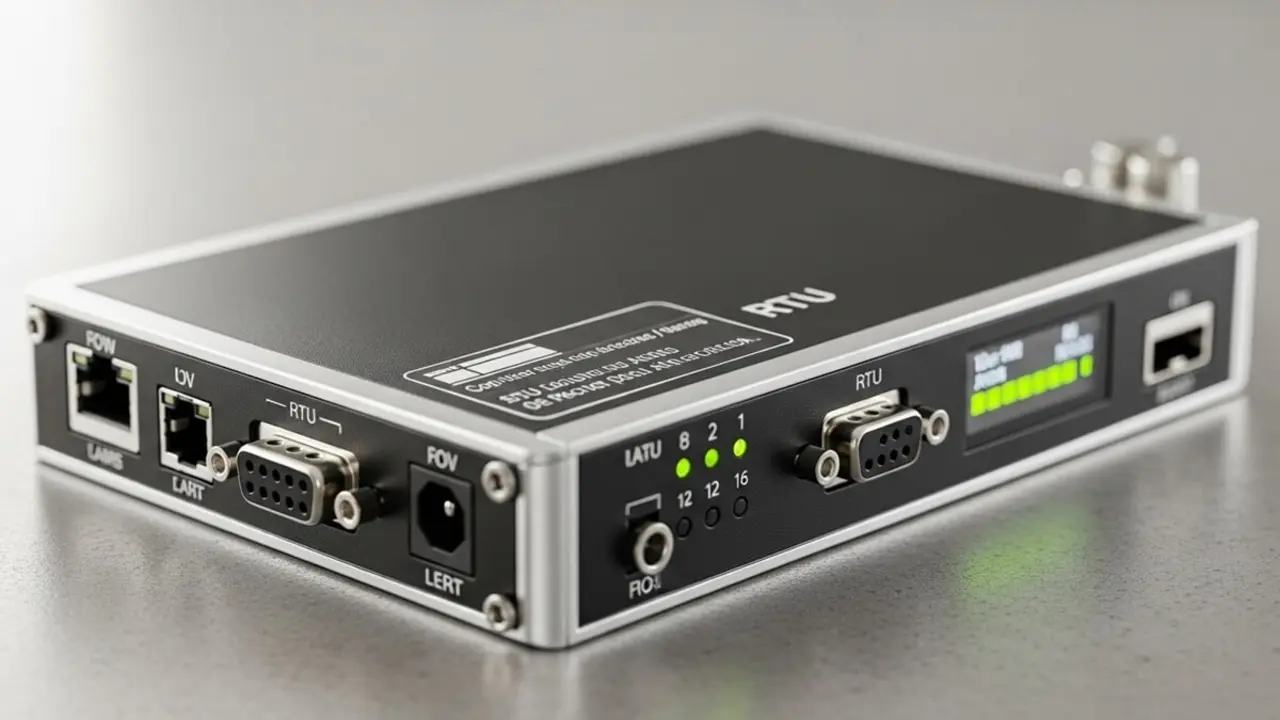Scientists grow brain microtissue with a 3D printed chip

Researchers have grown and developed small amounts of brain tissue, called organoid, through a 3D printed chip, according to a study published Tuesday in the journal Biomicrofluidics.
For this research, scientists from the Massachusetts Institute of Technology (MIT) and the Indian Institute of Technology in Madras used 3D printing to create an adaptable and reusable platform.
This structure has hollows, where organoids can grow, and microfluidic channels, which serve to provide the nutrients and heat needed to support the development of brain tissue.
For printing, the scientists used a biocompatible type of resin, used for dental surgery, to print a chip, which was treated with ultraviolet light and sterilised.

They then placed living cells into the holes in the tiny platform, which was sealed with a glass panel.
Up to now, organoid growth has been observed using culture plates with many holes, which are placed on a glass bottom under the microscope.
However, such plates are expensive and not compatible with all microscopes, and do not allow nutrients to circulate to the tissue.
One of the study's authors, Ikram Khan, highlighted the low cost of using 3D printing and noted that this method also offers other advantages, such as easy cleaning of the chip with distilled water and the fact that it is reusable.
The researchers tested their experiment with organoids derived from human cells and observed their growth through a microscope, which followed their development for seven days.
This tissue eventually created a cavity or ventricle surrounded by a self-organising structure similar to the developing neocortex of the brain.








